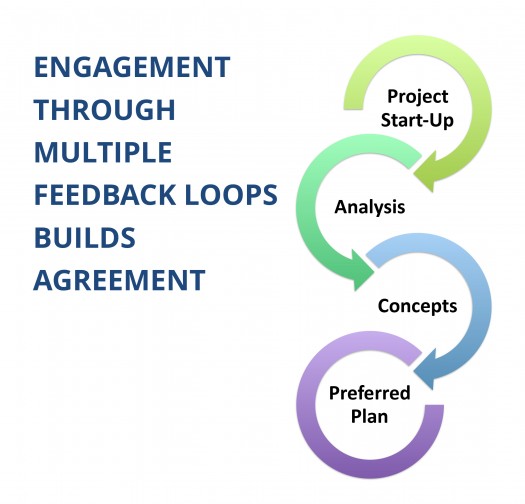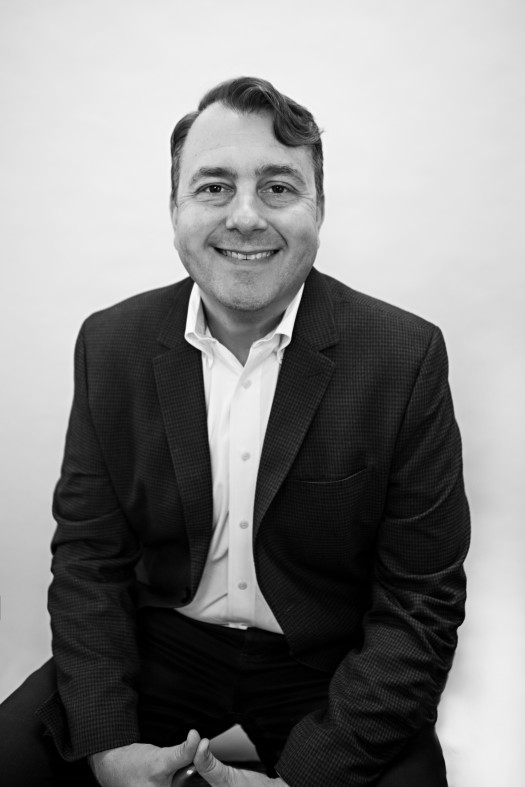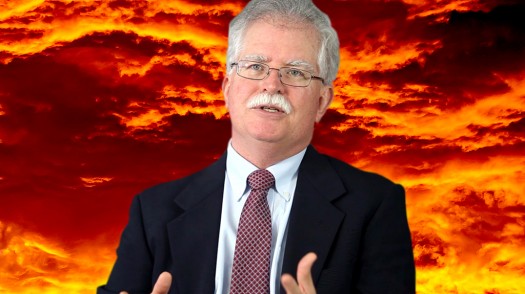Posts Tagged ‘Ben Brown’
The Shifting Boomer Bulge: Under-appreciated impacts could make the current housing crisis worse
This is the second part of a two-part conversation with Arthur C. (Christian “Chris”) Nelson, professor emeritus of urban planning and real estate development at the University of Arizona, as well as presidential professor emeritus of city and metropolitan planning at the University of Utah. Part One is available here. More about Dr. Nelson and…
Read MoreThe Shifting Boomer Bulge: More bad news for America’s housing crisis?
This is the first part of a two-part conversation with Arthur C. (Christian “Chris”) Nelson, professor emeritus of urban planning and real estate development at the University of Arizona, as well as presidential professor emeritus of city and metropolitan planning at the University of Utah. Part Two is available here. More about Dr. Nelson and…
Read MorePublic Participation, Part II: Equitable Outreach
This is Part II of a two-parter on community engagement strategies in a new era. Part I is here. This conversation is the third in our series addressing planning challenges for local governments in a post-pandemic future. The two previous topics can be found here and here. Jennifer Hurley is President & CEO of Hurley-Franks…
Read MorePublic Participation, Part I: Let’s Fix What’s Not Working
This is Part I of a two-parter on this topic. The conversation is the third in our series addressing planning challenges in an era likely to be reshaped by the COVID-19 pandemic. The two previous topics can be found here and here. Jennifer Hurley is President & CEO of Hurley-Franks & Associates, a planning consultancy…
Read MoreLessons from the Pandemic: Housing, Retail, Broadband
This is the second in a series of conversations about what comes next in local government policies and processes. Geoff Koski is president of the Bleakly Advisory Group, providing advice to real estate professionals, governments, and non-profit organizations dealing with a wide- range of real estate and economic development-related issues. Read the first post in…
Read MoreAfter the Plague: Go Big or Go Backwards?
This is the first of several posts planned for the next few weeks on lessons we’re learning from the pandemic and how local and regional governments might respond – not only to the crisis itself, but also to weaknesses in policies and processes COVID-19 exposed. Let’s start with an understatement: Community development leaders – whether…
Read MoreClimate Change Update, Part II: Leveraging “The Biggest Little Things”
“The best strategies are the ones that can be implemented.” That’s a reminder from Jim Fox, director of NEMAC, the National Environmental Modeling and Analysis Center at the University of North Carolina Asheville. Taking ideas to meaningful action is the bottom-line test of any plan. And it applies particularly to what is arguably humankind’s biggest…
Read MoreClimate Change Update, Part I: The End is Near (Really)
Back in 2011 when we were emerging from the Great Recession, I wrote an “End Is Near” post about the chance to make use of the crisis. When you run out of all options except the ones that force you to think big,” I wrote, a little panic could be a good thing: “We are…
Read MoreBetter Places for Changing Populations: AARP has some ideas
Between now and April 17, AARP, the largest advocacy organization for seniors, is inviting government entities and non-profits to apply for a Community Challenge grant. This program, now in its third year, is a good one. Not just for retirement-aged crowd, and not just for the support it provides for individual projects.
Read MoreThe Transformative Power of Walkability (and beer)
I’m suspicious of the words “neighborhood character” in defensive mode. If they once signaled a community characteristic worth prioritizing, the’ve lately become weaponized. A dog whistle for opposition to everything from granny flats to transit to, you know, change. But I’m definitely okay when the character of the neighborhood in question embodies adaptation. My current…
Read More



